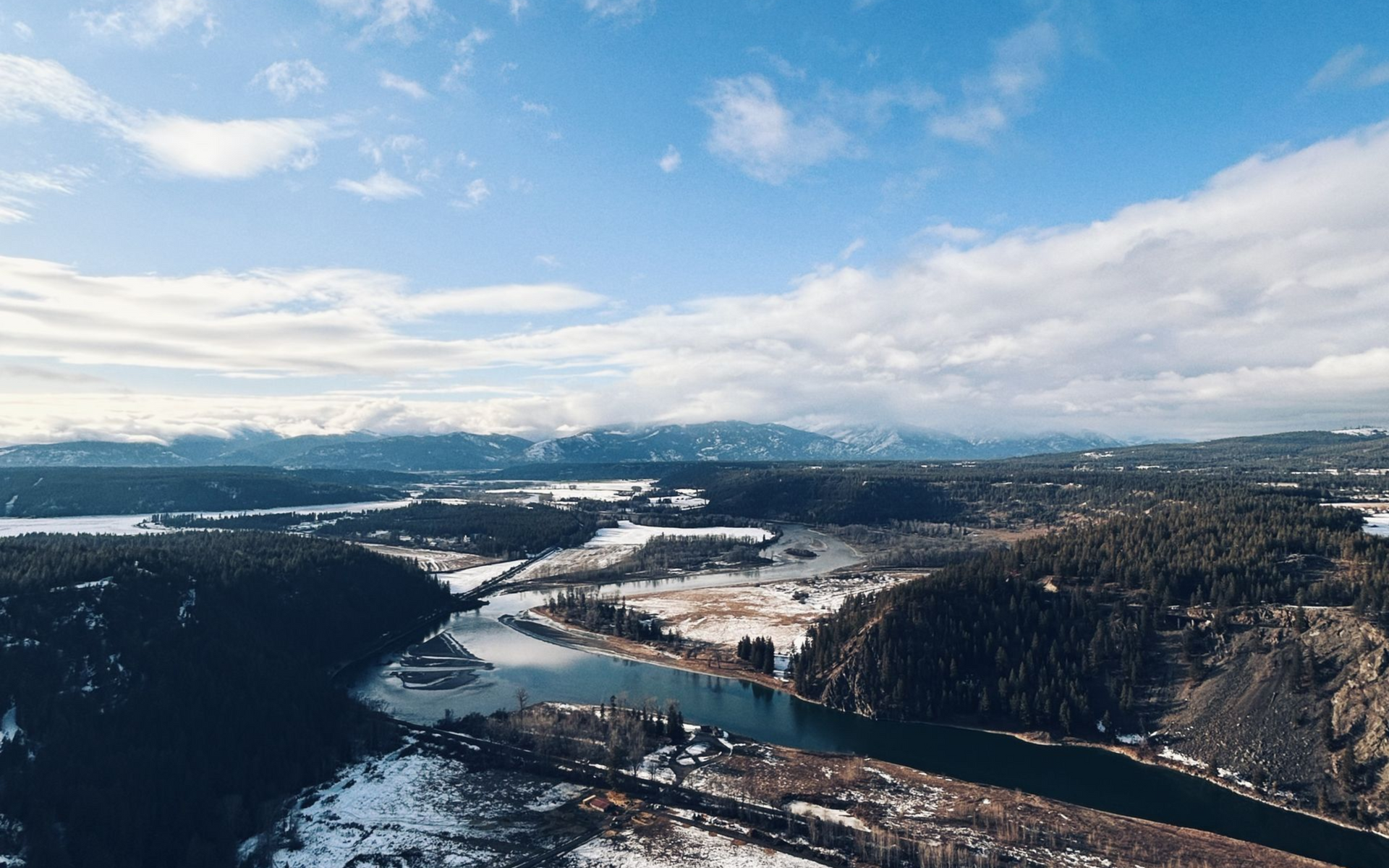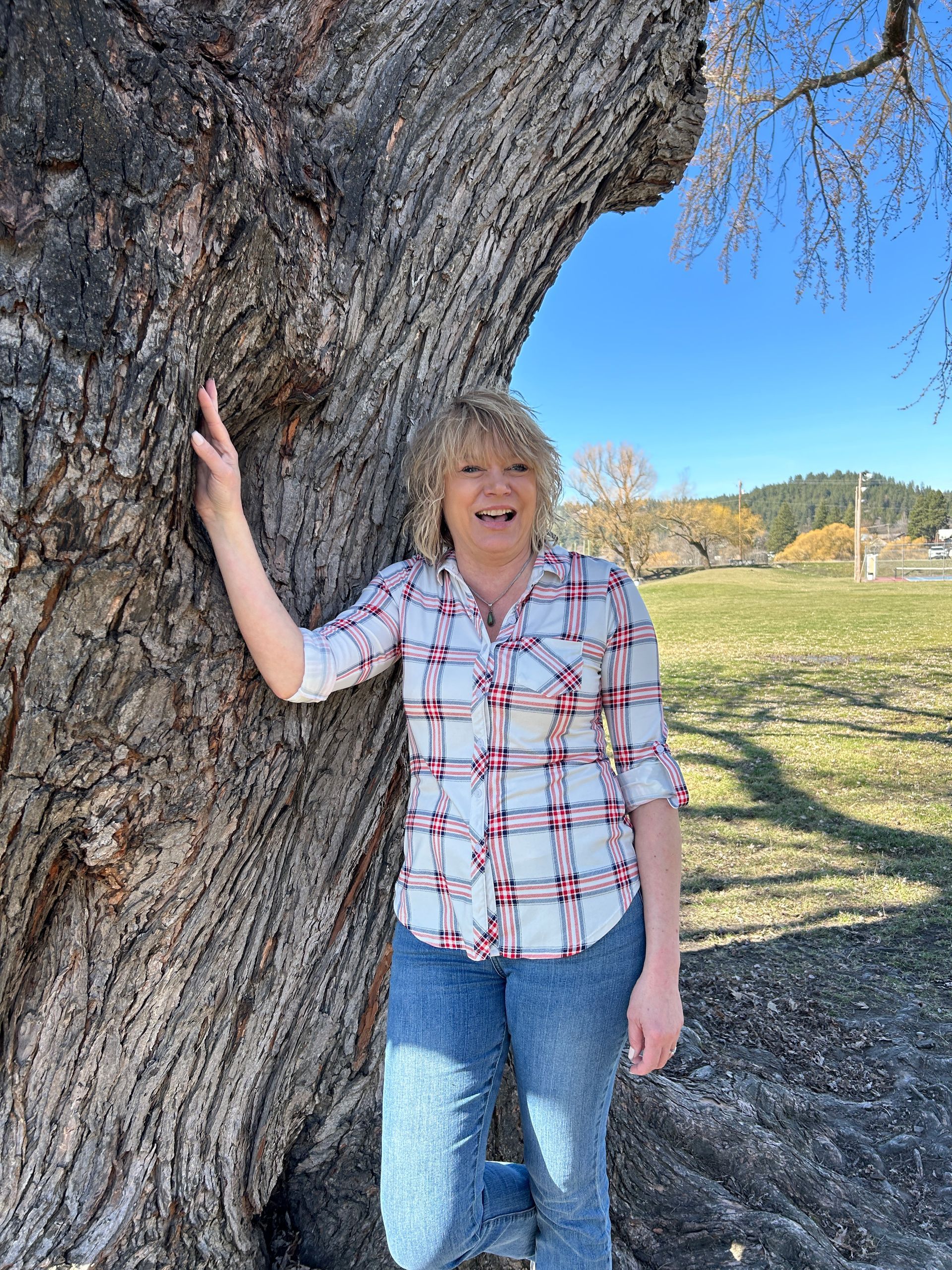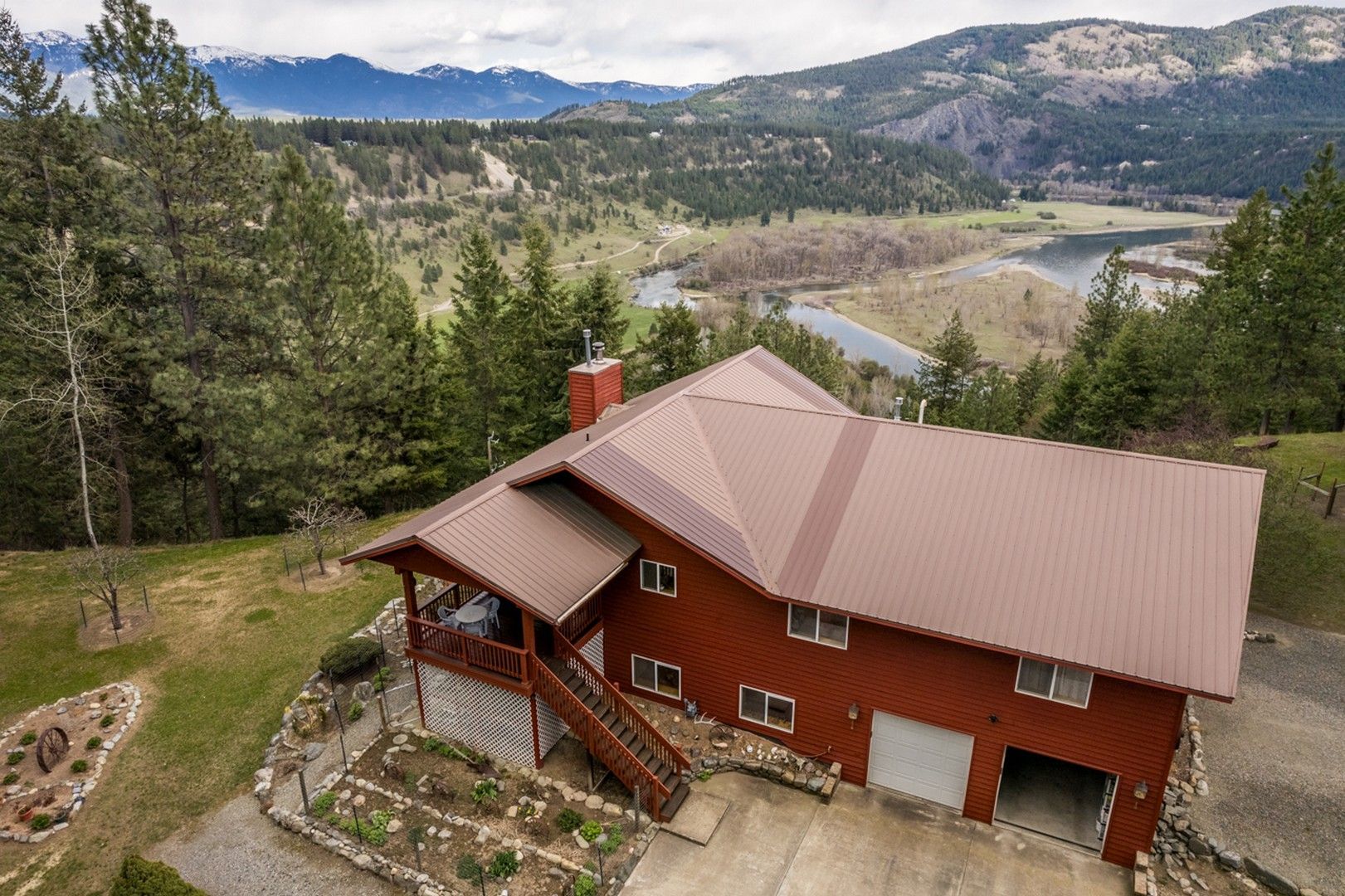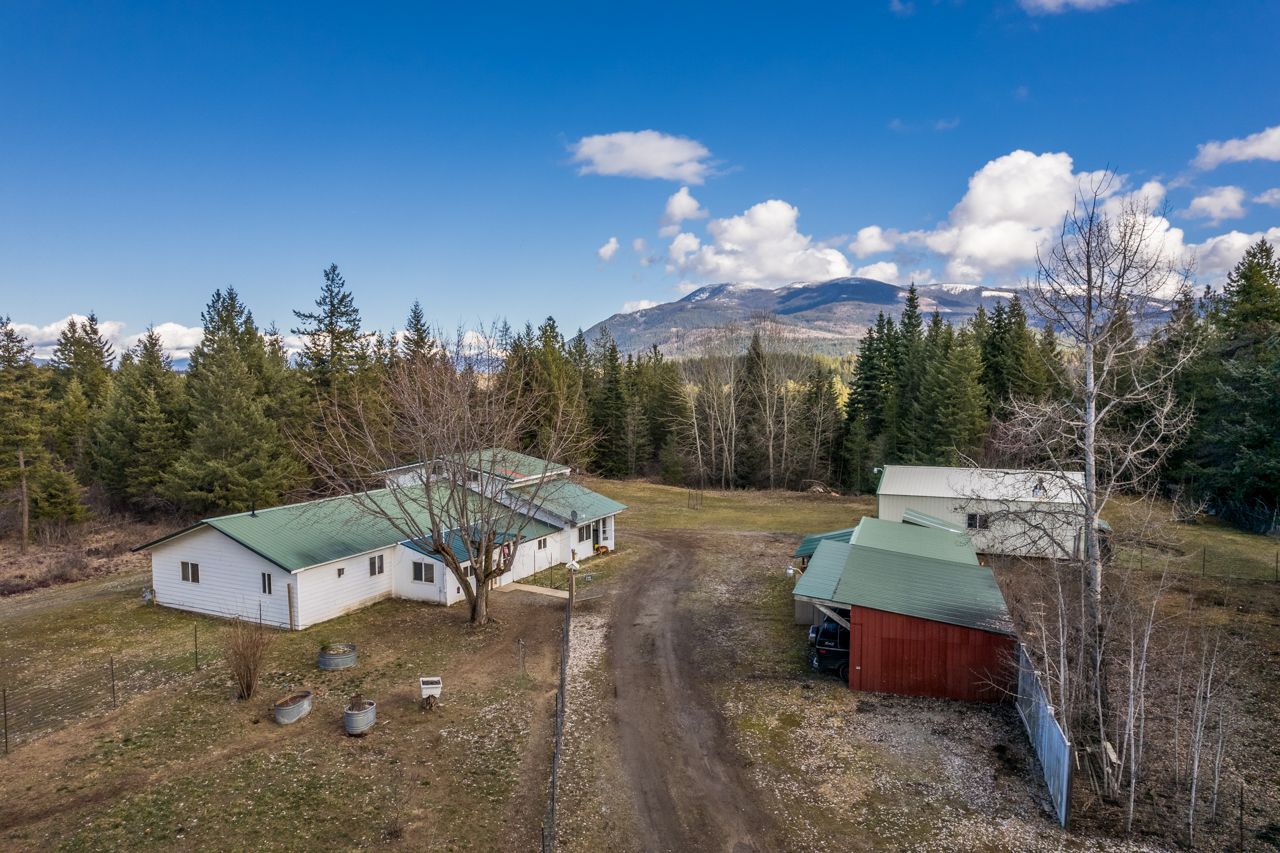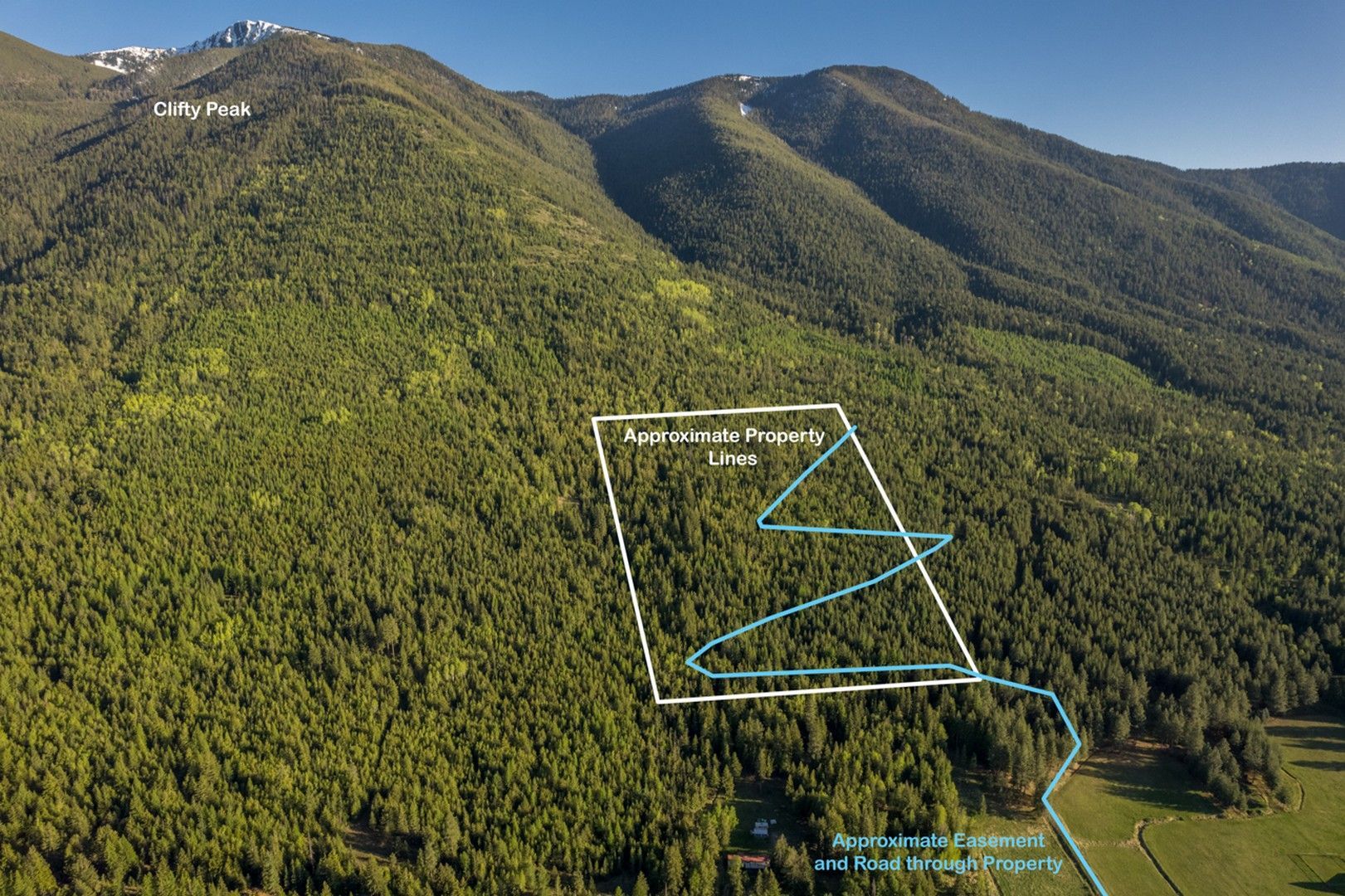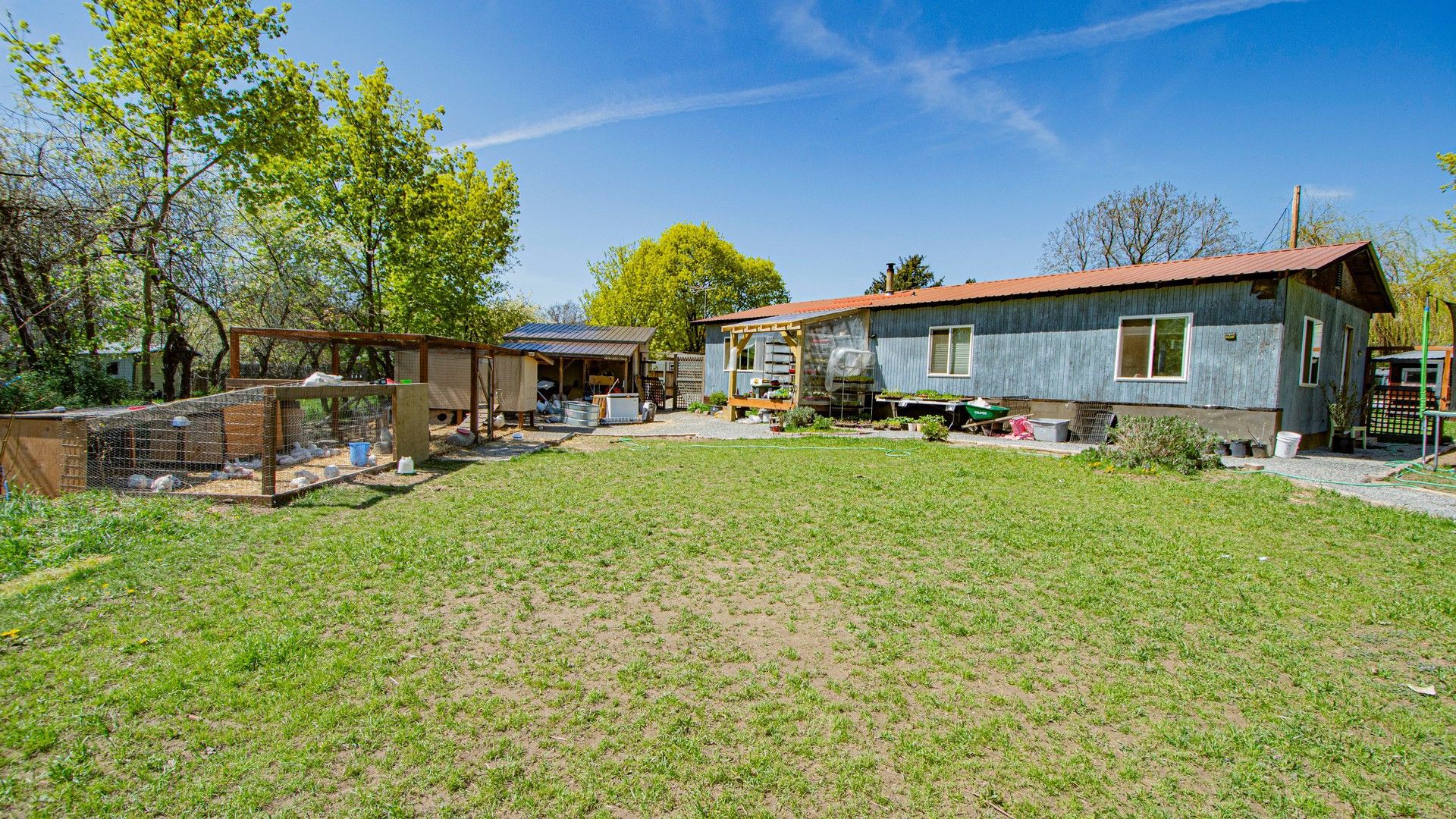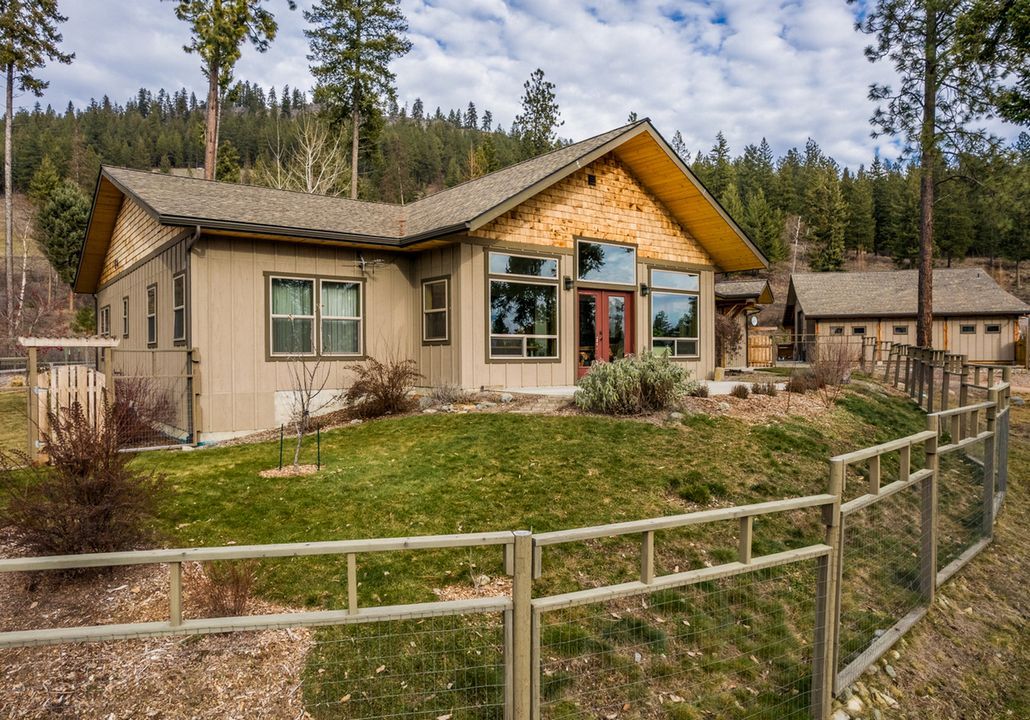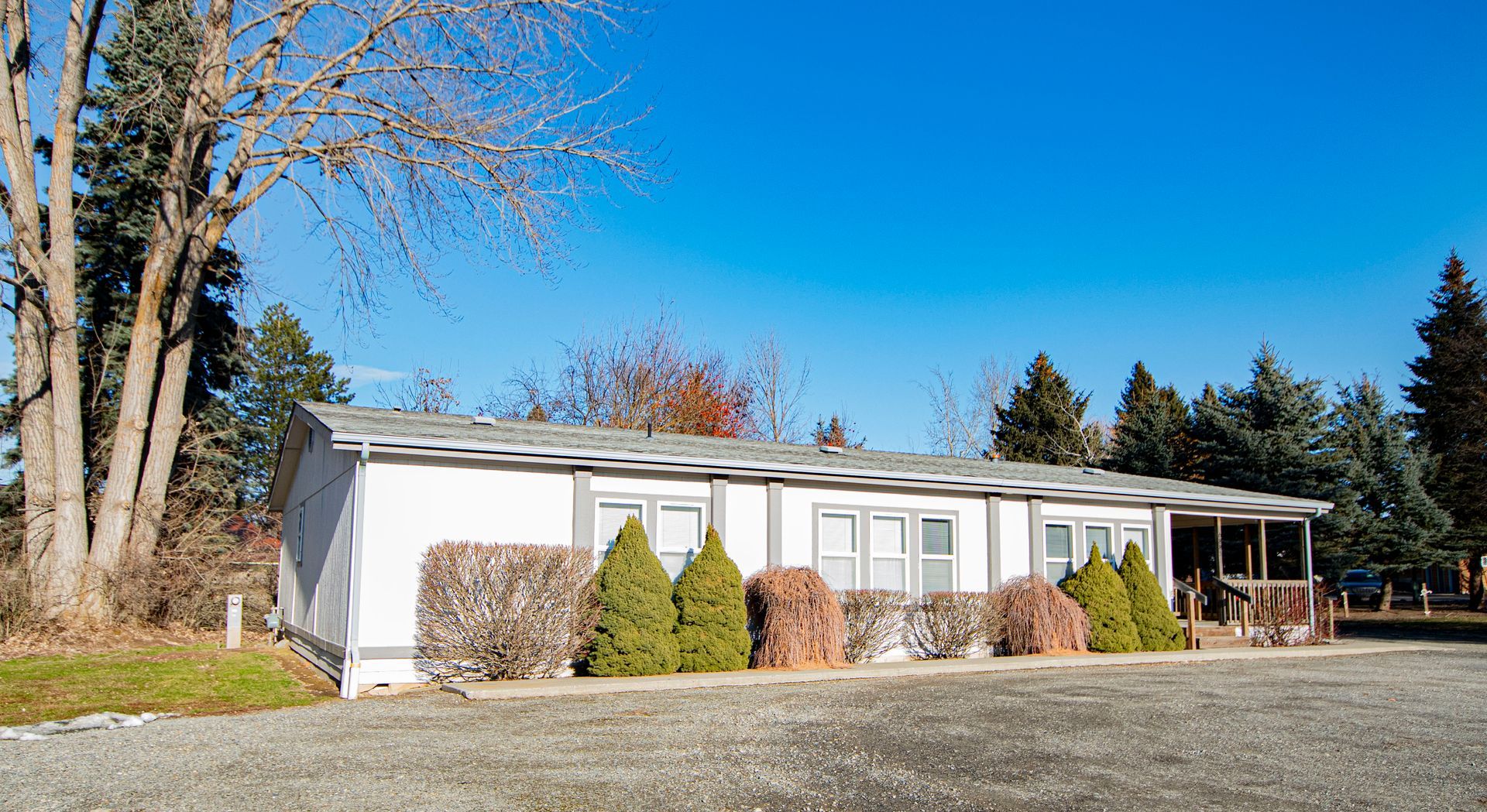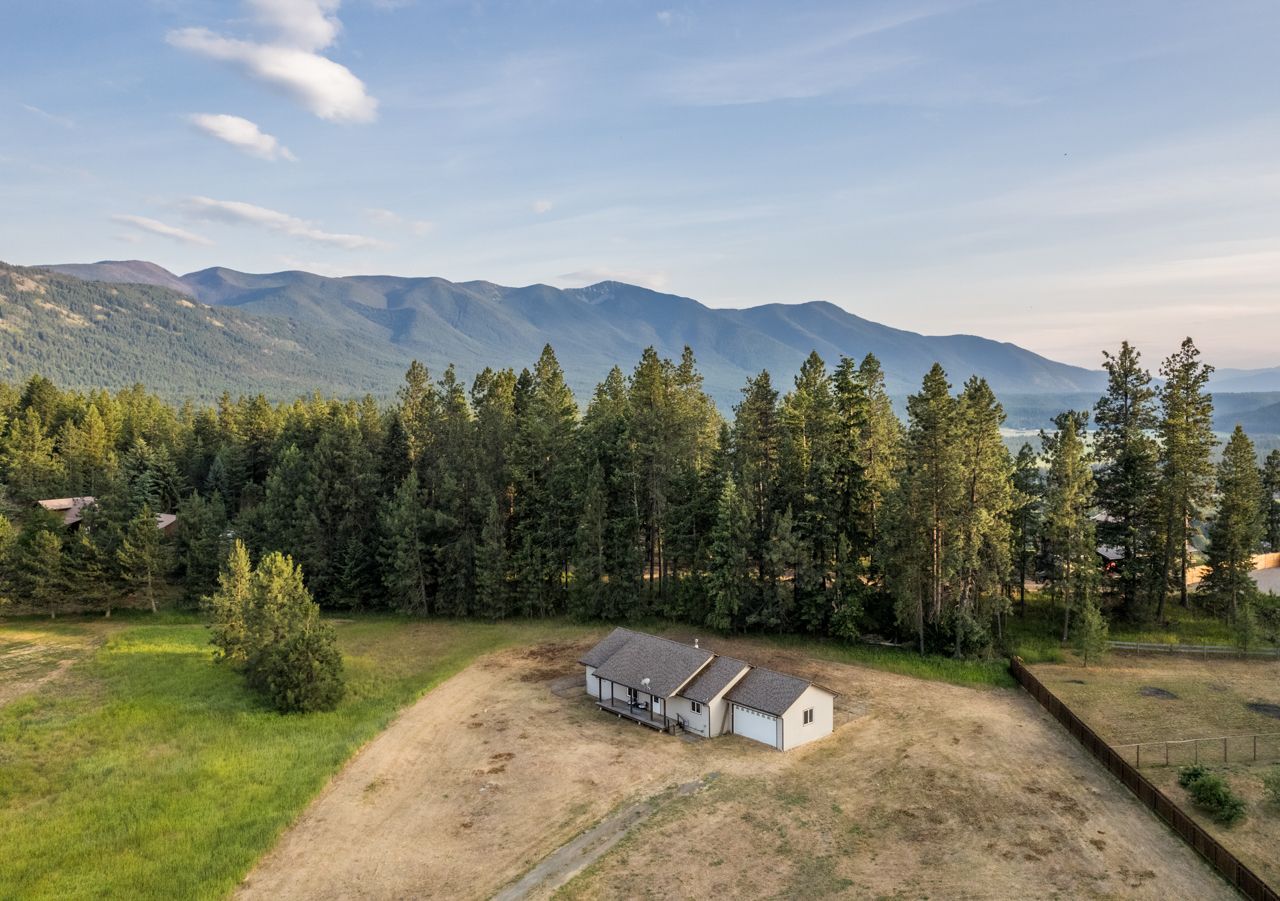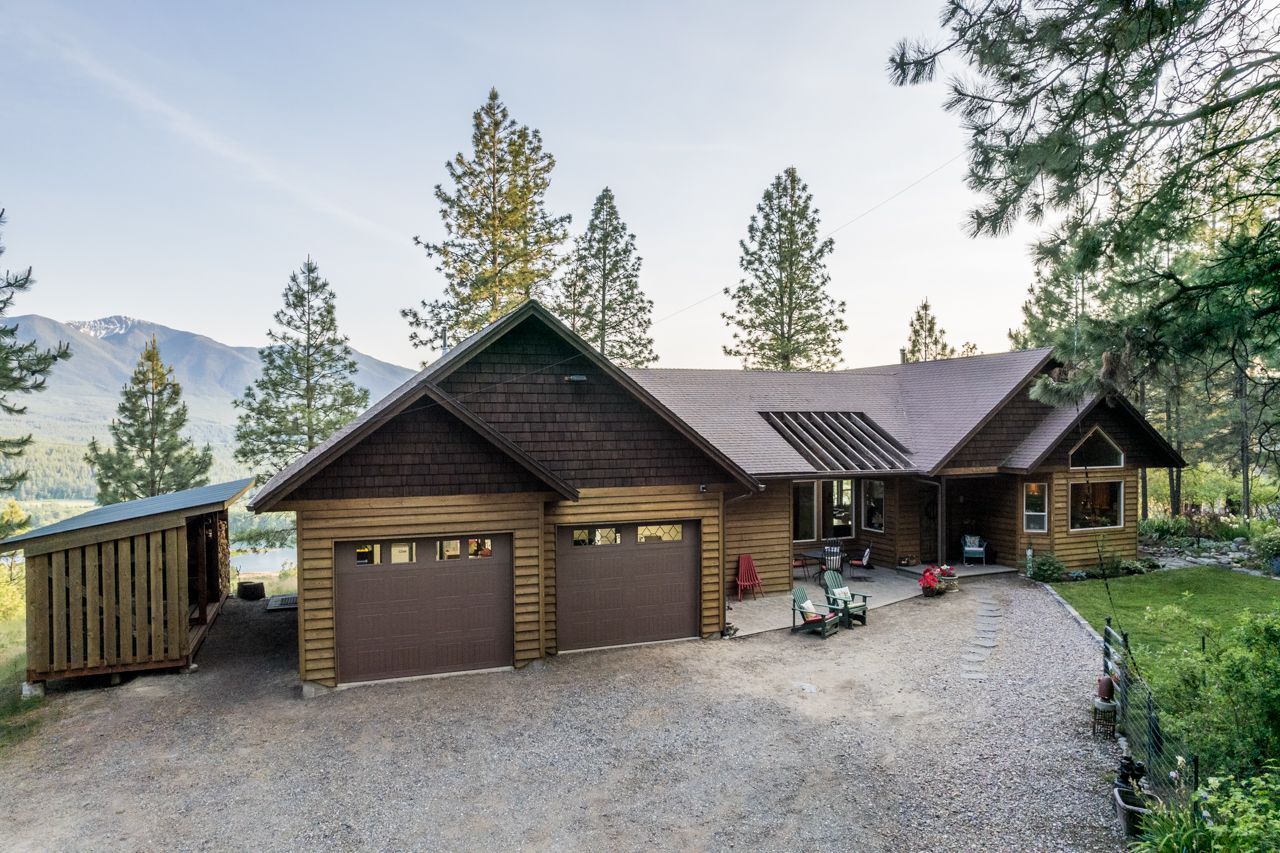Protecting Yourself from Vacant Land Fraud
HERE'S HOW A RECENT CALL WITH A POTENTIAL SELLER WENT...
Seller: “I want to sell my vacant land in Sandpoint.”
Us: “Okay, are you located in Sandpoint?”
Seller: “No, I’m out of state. I want to sell this quickly.” *gives us the address
Us: “What’s the property like?”
Seller: “It’s in Sandpoint.”
Us: *looks up tax records “Ok… So where are you located?”
Seller: “Random state”
Us: *not matching up with tax records,
“So we require our out of state sellers to verify their identity by mail. We’ll send some documents to your physical address and have you send them back just to double check what’s on record.”
Seller: “Uh. Okay. I’ll text you my information and we can go from there.”
Hangs up.
Never texts back.
HOW WOULD YOU HANDLE THIS?
Did you catch the red flags? There were three.
Fraud has always been around but in recent years, we’ve received so many calls from fraudsters pretending to be land owners wanting to sell their property while they are out of state. Especially with the sophistication of technology and the rise of AI, its getting harder to judge whether a call is legitimate or not.
In one situation, one of our agents went all the way to take a look at the property and met the neighbor who alerted the real owner who was really out of state, but his information had been stolen.
We’ve tightened our policies to guard against fake sellers and protect the real land owners. But the scammers are getting more sophisticated, using fake IDs and information to try to make a quick sale. If you're a seller and you get approached by one of these scammers it's crucial to get in contact with your agent, lender or banker to make sure everything is protected. Never wire money to an unknown source such as an email or phone number. You will always get specific instructions from your realtor or escrow company.
Go with your gut and always triple check. Better safe than sorry.
If you have more questions about fraud, get in touch with us!

